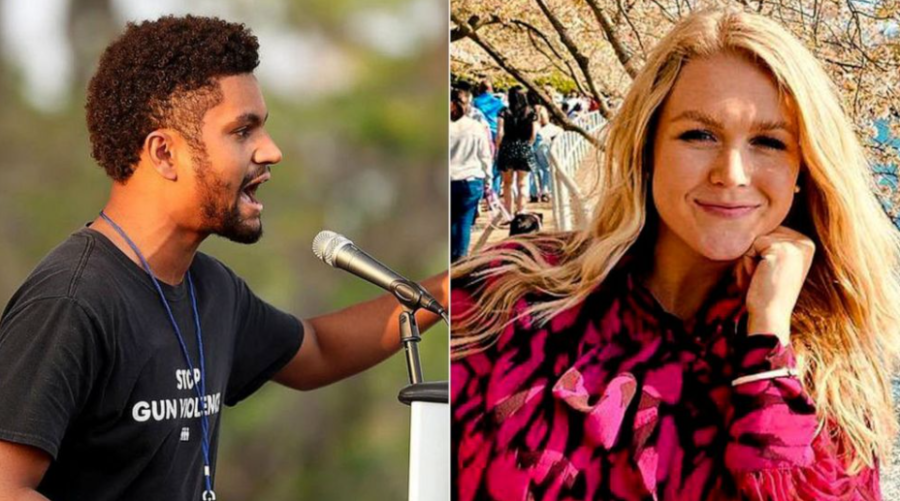The new age of politicians brings brand new perpectives
May 30, 2022
Generation Z politicians, such as Maxwell Frost and Karoline Leavitt, can now run for office bringing fresh perspectives
The makeup of Congress is slowly but surely changing. Despite the older generations, called the Silent members, still making up for the majority of Congress, there is a slightly rising number of millennials and Generation Xers in the House of Representatives. However, more evolution is needed through electing people of mixed race ethnicity, backgrounds and education because Congress continues to fail to accurately represent the American population. There is still an underlying question as to whether or not Congress is making enough efforts to break away from the traditional views of its members.
The foreign share of members of Congress has gone up but has not surpassed any sort of historical high. Currently, immigrants only make up around 3% of legislators which include the 18 members of the House of Representatives Congress should be focusing on increasing this number because the percentage of immigrants remains significantly low when compared to the majority of the members. Despite the statistics, there are other factors to consider such as previous education and experience of these members which is a crucial factor in determining if Congress has really entered a new age full of opportunities for minorities of differing backgrounds rather than solely consisting of the traditional white Congressman.
Direct military experience used to widely apply to the majority of the House of Representatives and the Senate. However, far fewer people with such experience serve in the current Congress. 91 members currently are veterans which is the lowest number since World War II, according to the Congressional Research Service. This can be seen as a way to broaden the scope of politics and allow non-traditionally experienced people to have a shot in Congress.
The majority of Congress has a college degree, yet amatuer candidates all of a sudden are running?. This is ultimately the most prominent enhancement in current and future politics. Political scientists Sarah Treul and Rachel Porter of the University of North Carolina at Chapel Hill found that in both the Republican and Democratic parties, in the last three elections, inexperienced candidates, candidates without past political experience, are in fact beating out the experienced candidates. Not only do they lack experience, but most of them do not even have a background in politics. According to Treul and Porter’s research, as of 2020 around 45% of Republican and Democratic inexperienced candidates were winning in open-seat races.
Treul states, “we started to see these patterns in the more recent congressional elections where the candidates without prior experience were performing better.” Treul’s team claims that amateur candidates are driven by campaign fundraising, voter attitudes, political rhetoric and weak political parties.
Following these efforts, experienced candidates are left with less advantage despite their campaign expertise and high local name recognition. It begs the question of why exactly are these candidates beating their primaries? Well, the growing age of social media comes from the growing access to small groups of donors that can allow these candidates to raise millions of dollars by going viral with a video on social media platforms. These “outsider candidates” become more attractive to voters because they utilize non-establishment-sounding rhetoric. Voters, therefore, become more interested in these new candidates’ plans and ultimately support them. Thus, modern-day voters are slowly changing the requirements needed to win elections which shines a new light on the diverse future of politics.
Many might see this new age of politicians as a downside given the worry of any detrimental effects of having less-governing experience in office, however many see it as quite the opposite. These changes can lead to more diversity such as women, people of color, and people of different ethnic backgrounds having more representation in Congress. Maybe these changes are exactly what the U.S. needs in order to represent its people.
